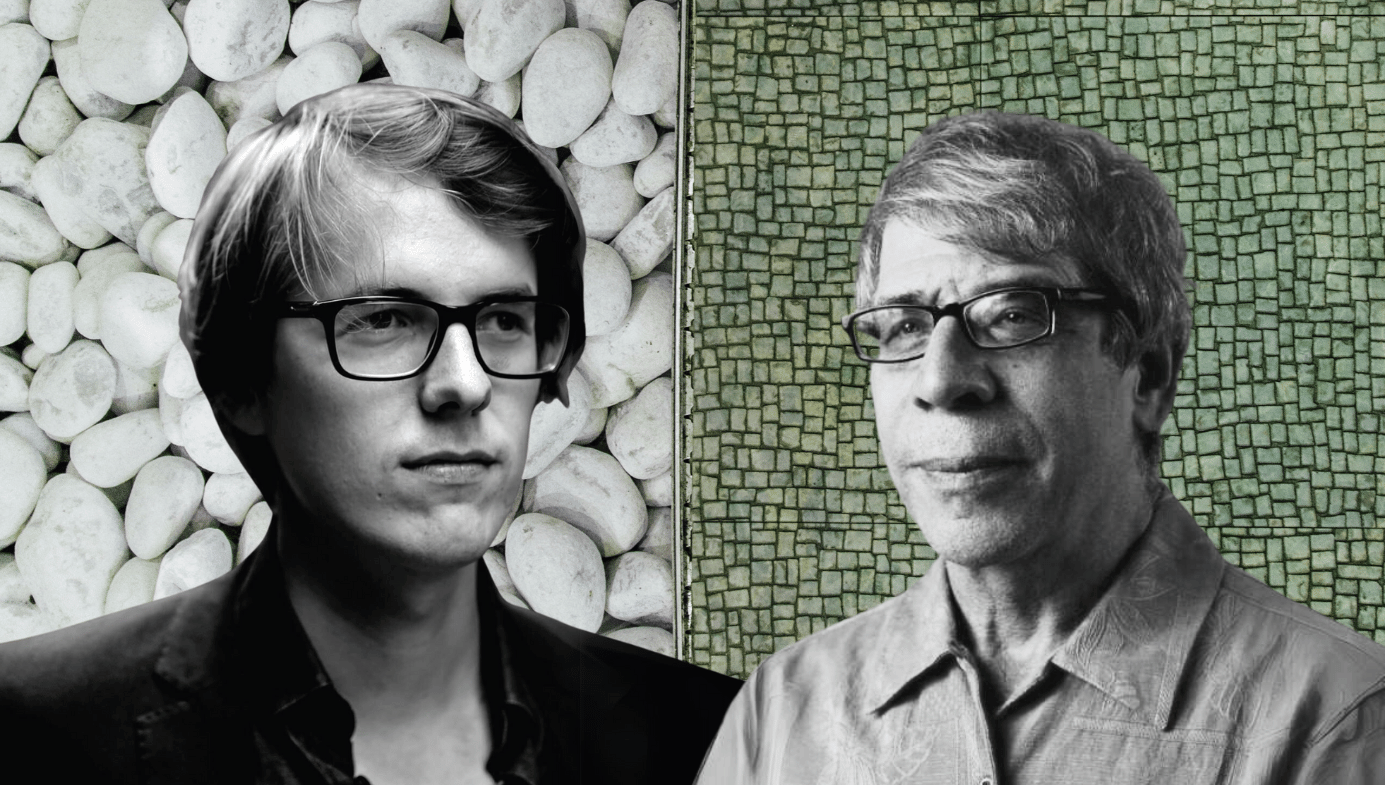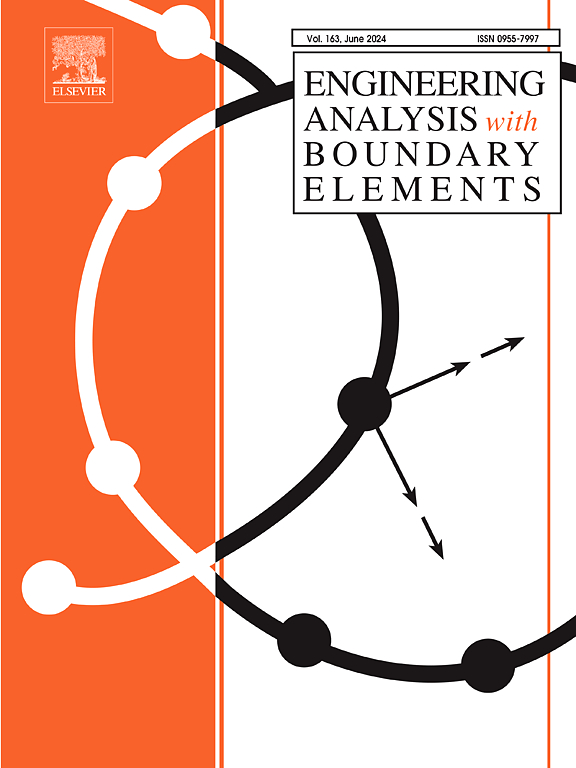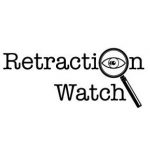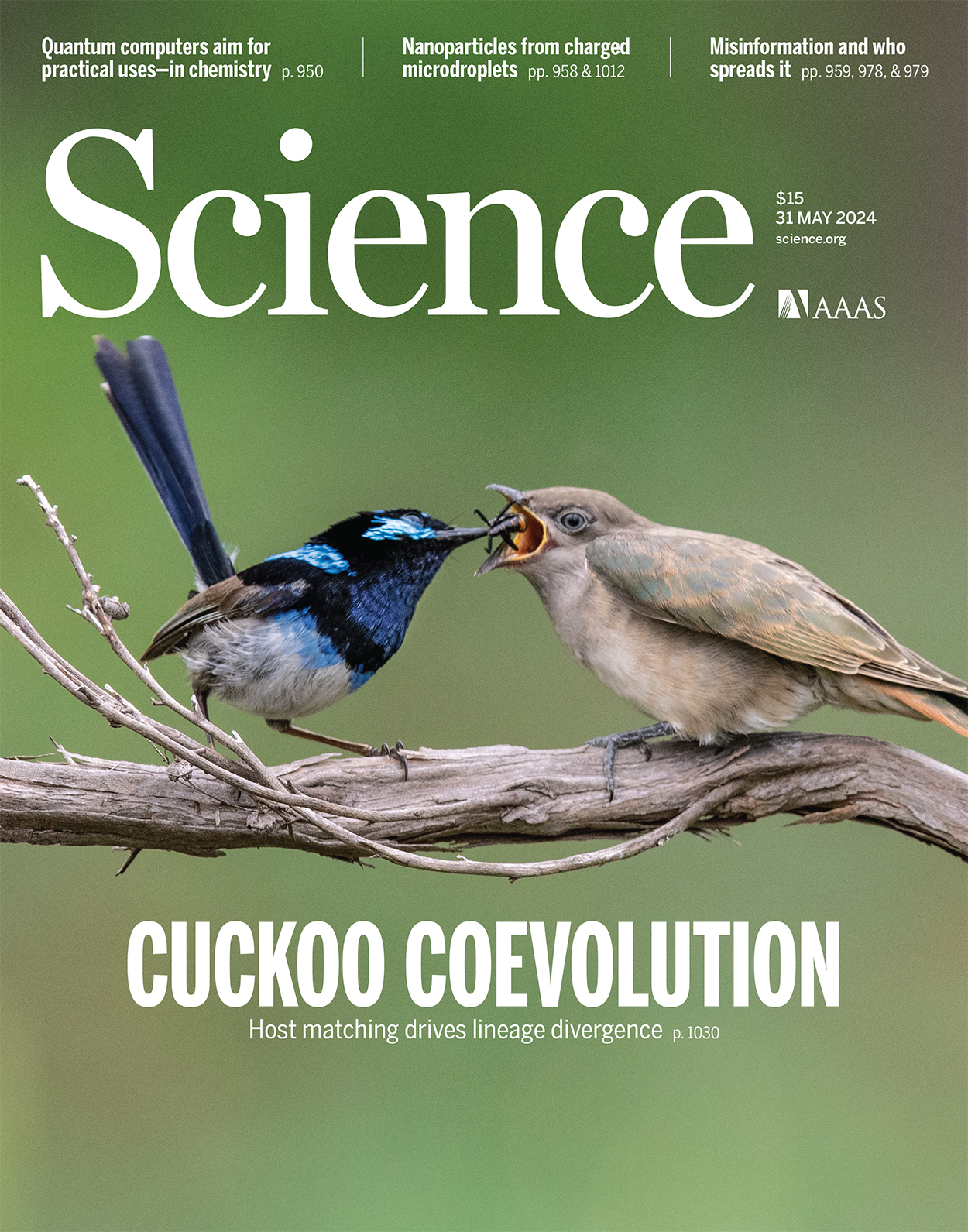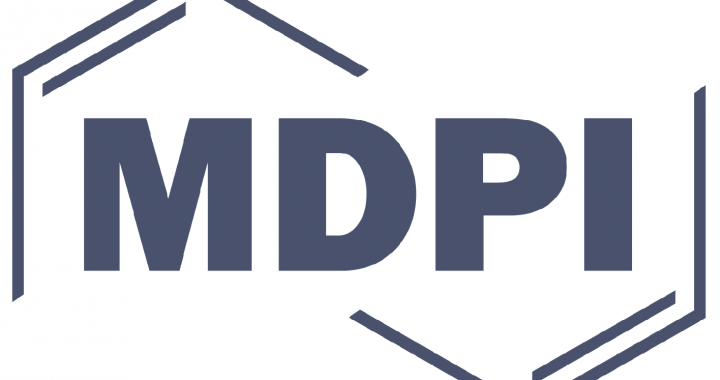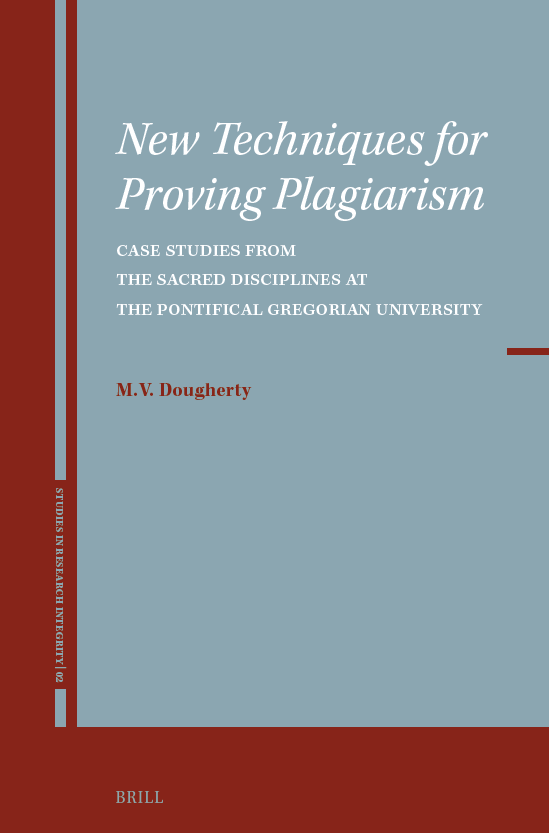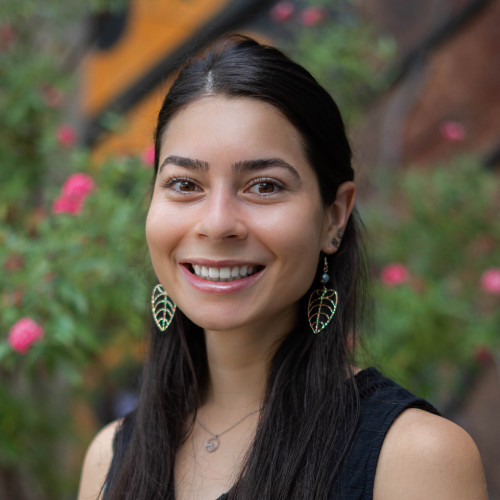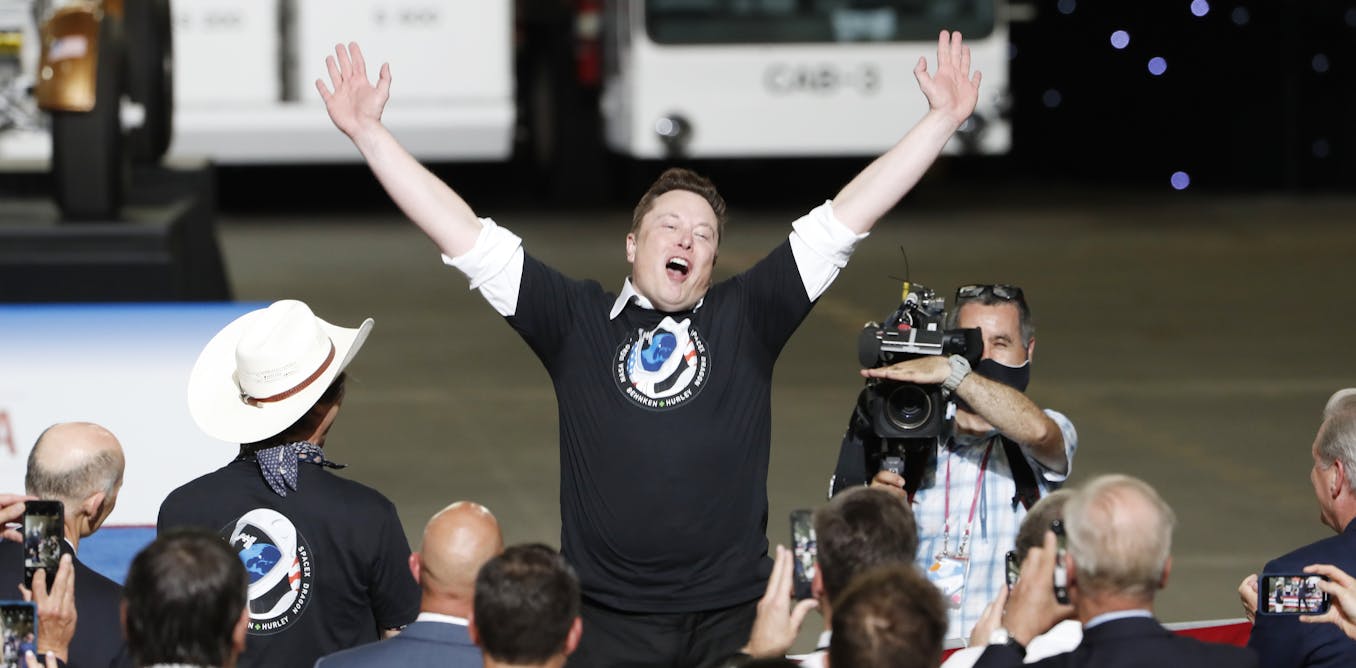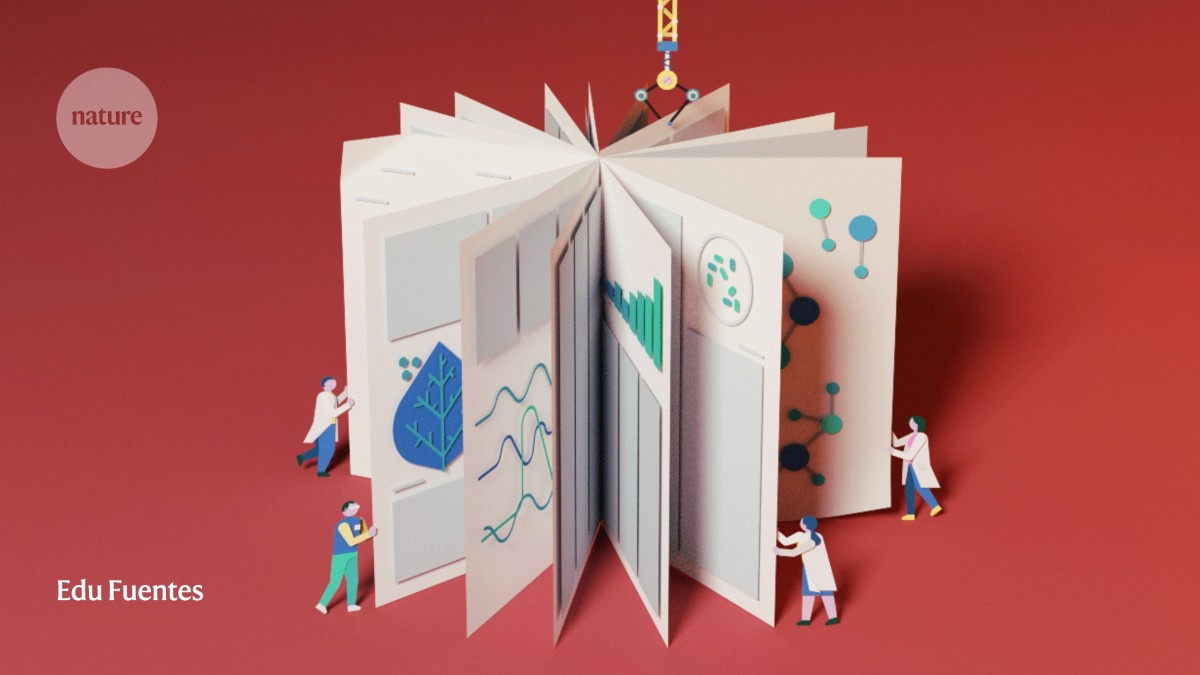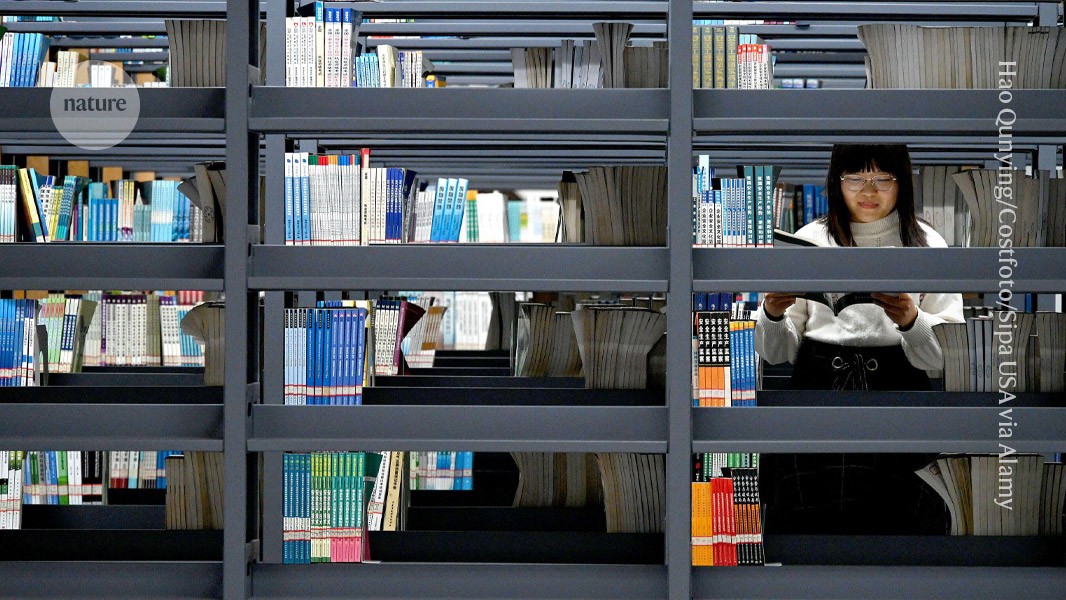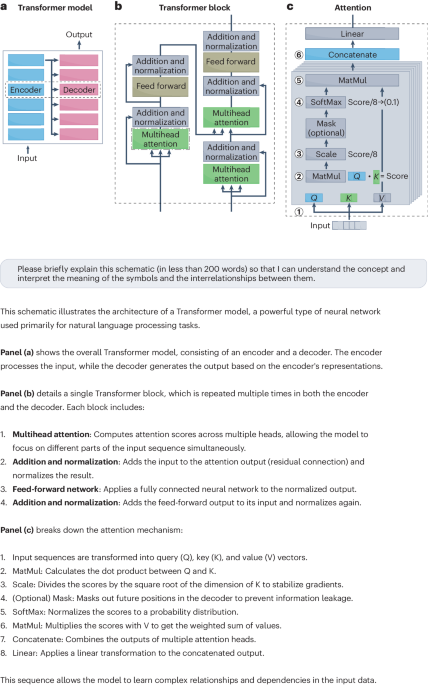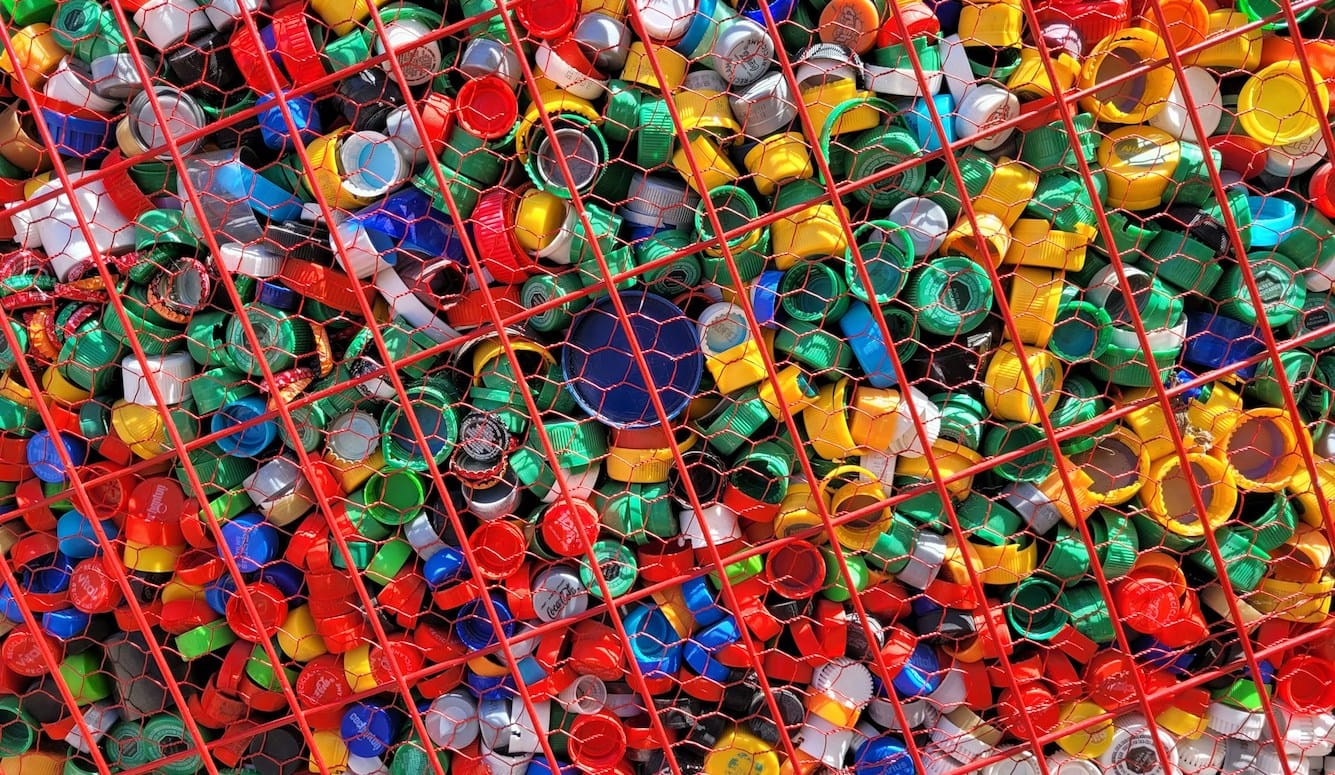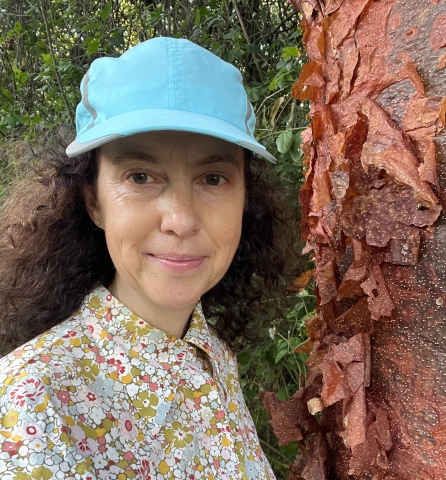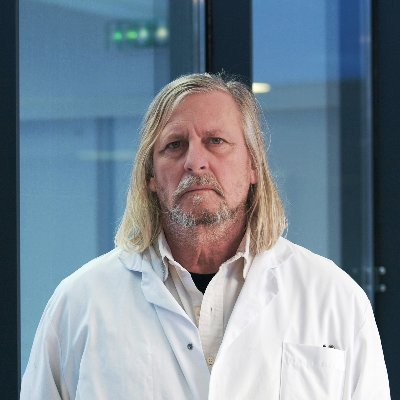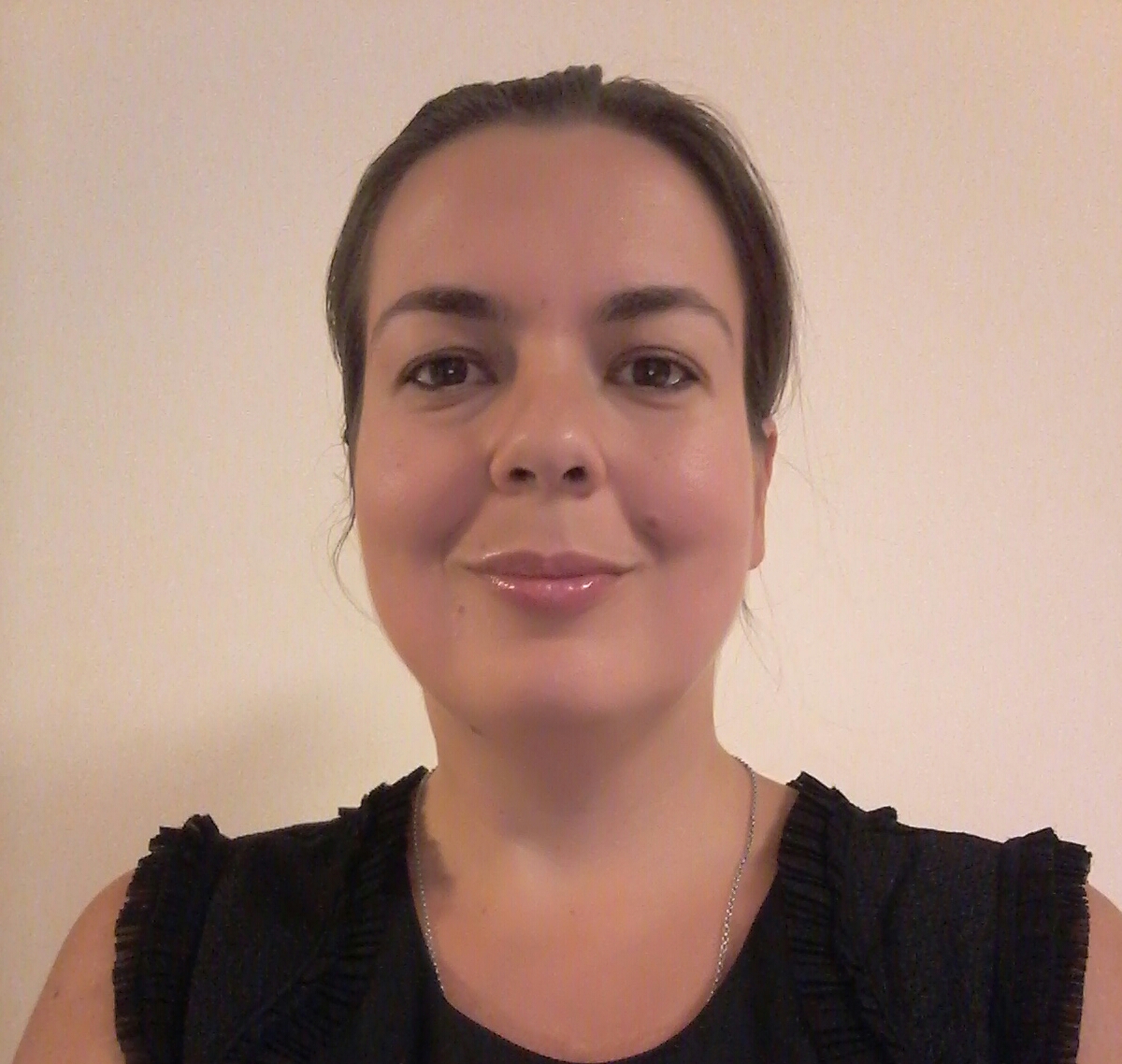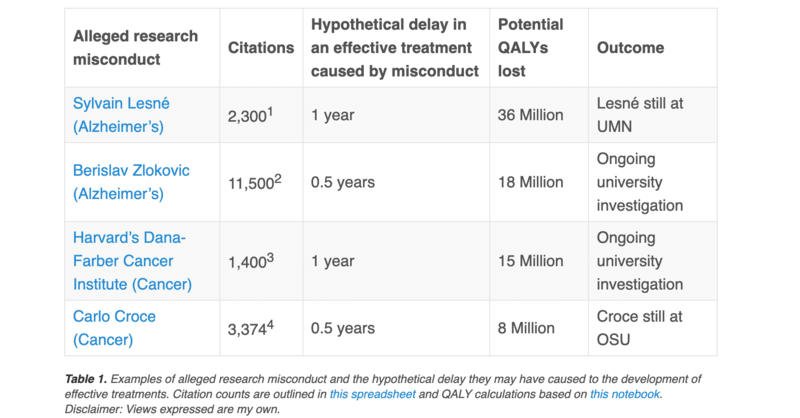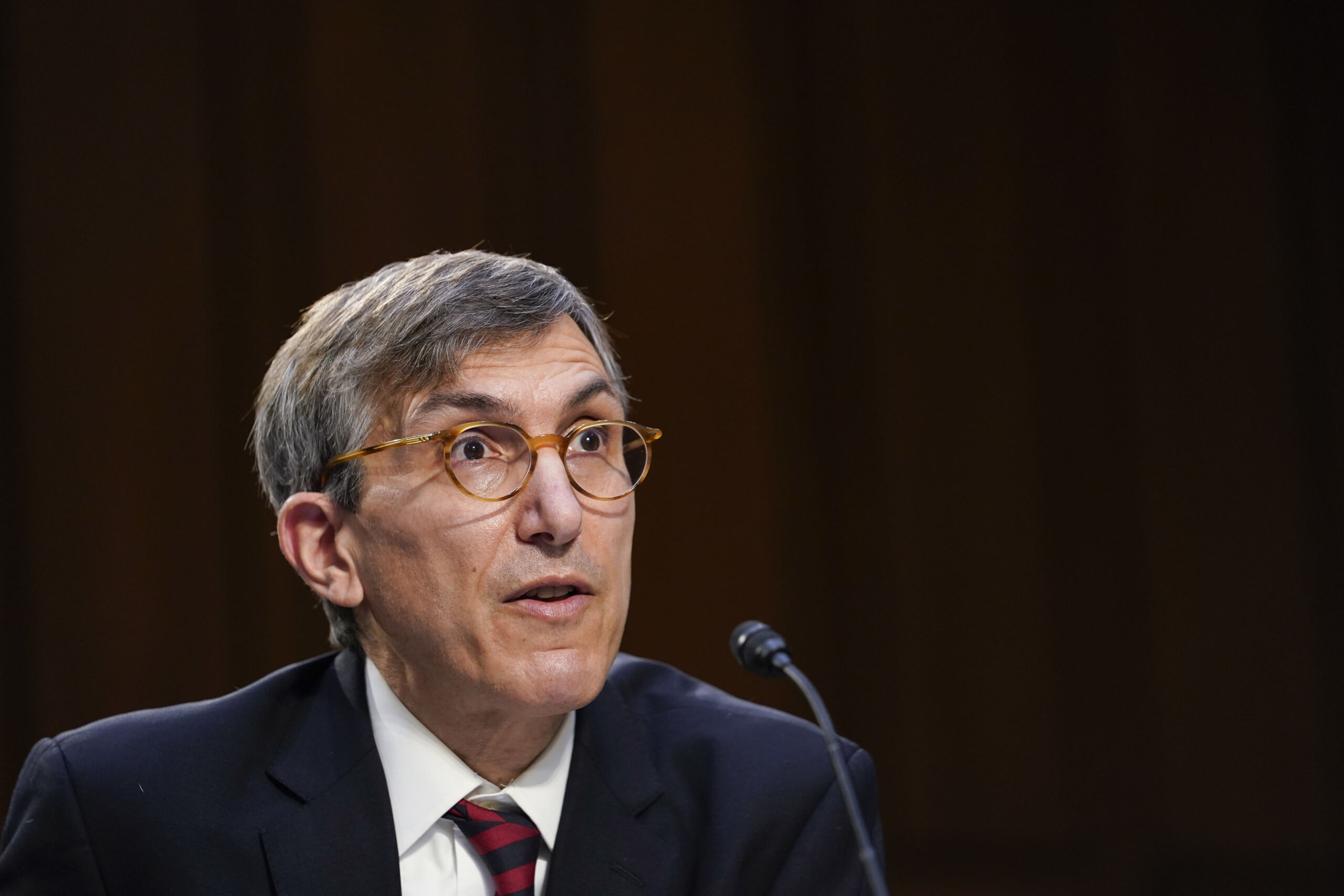China’s research clout leads to growth in homegrown science publishing
Self-reliance and a wish to set the agenda might explain concerted push to produce domestic journals.

www.nature.com
KEY POINTS: Over the past two decades, China has risen to become the world’s largest producer of scientific knowledge. The majority of this research was disseminated in journals published by companies based in Western countries, rather than China’s own domestic publishers.
China is making efforts to reverse that trend by launching several initiatives to build its portfolio of domestic academic journals. Those changes, albeit slow, could not only transform China’s publishing sector, but also have major effects on how international scientific collaboration is conducted and communicated.
Part of the motivation for this is economic. China is also motivated by a desire to move away from Western-dominated agendas in science and encourage more research that better serves the country’s needs. Beyond that, China wants to become more active in helping to shape how the global academic-publishing system works, and not always be following models and rules set up by Western countries.
Many Western scientists might be hesitant to publish in Chinese journals. Worries about political interference and policies in their own countries that discourage certain kinds of collaboration with China have cooled cooperation.
But China increasingly has a great deal of influence at the global level, especially in emerging economies such as those involved in its
Belt and Road global trade initiative. Scientists from those countries might be more willing to publish in their Chinese partners’ preferred journals. This might especially be the case if Chinese partners are making the biggest financial contribution to the project.
Although changes to China’s domestic publishing landscape will take time, it is a process that can’t be ignored by researchers and publishers elsewhere... (
MORE - missing details)
- - - - - - - - - - - - - - - - - - - -
(paper)
Management of fraudulent participants in online research: Practical recommendations from a randomized controlled feasibility trial
ABSTRACT
Objective
Fraudulent participation is an escalating concern for online clinical trials and research studies and can have a significant negative impact on findings. We aim to shed light on the risk and to provide practical recommendations for detecting and managing such instances.
Methods
The FREED-Mobile (
FREED-M) study is an online, randomized controlled feasibility trial to assess a digital early intervention for young people (aged 16–25) in England or Wales with eating problems. The trial involved baseline (week 0), post-intervention (week 4), and follow-up (week 12) surveys, alongside weekly modules provided over 4 weeks on the study website. Study completers were compensated with £20 shopping vouchers. Despite the complexity of the trial design, two instances of fraudulent sign-ups occurred in January and March 2023. To counter this, we developed a “fraudulent participants protocol” following internal investigations and discussions with collaborators.
Results
The implementation of prevention measures such as reCAPTCHA updates, IP address review, and changes in reimbursement effectively halted further fraudulent sign-ups. Our protocol facilitated the systematic identification and withdrawal of suspected or clear fraudsters and was demonstrably robust at distinguishing between fraudsters and genuine responders.
Discussion
All remote, online trials or studies are at risk of fraudulent participation. Drawing from our experience and existing literature, we offer practical recommendations for researchers considering online recruitment and data collection. Vigilance and the integration of deterrents, and data quality checks into the study design from the outset are advised to safeguard research integrity.
Public Significance
Fraudulent participation in digital research can have asignificant impact on research findings, potentially leading to biased results and misinformed decisions. We developed an effective protocol for theprevention, identification, and management of fraudulent participants. Bysharing our insights and recommendations, we hope to raise awareness of thisissue and provide other researchers with the knowledge and strategies necessaryto safeguard research integrity moving forward. (
MORE - details)
_

 www.newsweek.com
www.newsweek.com



